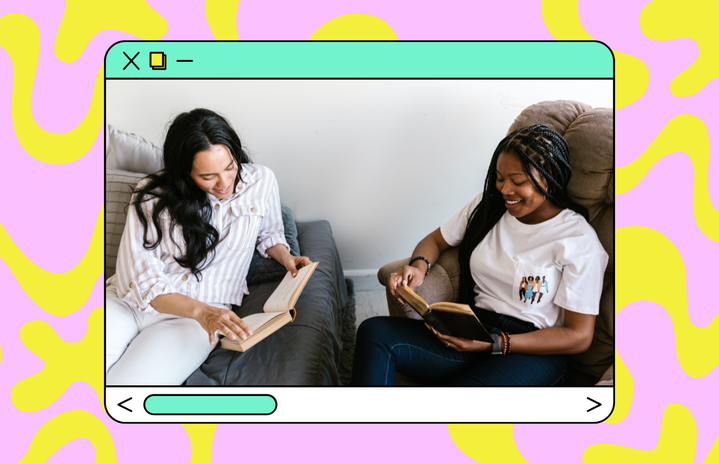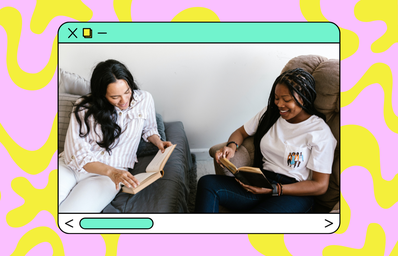On almost every social media platform, if you add the prefix “book” to a hashtag, it will take you to a cosy little community where people are reading and discussing books. In a day and age where attention spans are becoming increasingly shorter, and easier forms of entertainment like TV shows and TikTok are the primary choice of media for most people, reading for enjoyment is becoming somewhat niche. In a modern world where reading isn’t a popular hobby anymore, being able to find communities of other readers across social media platforms can be a unifying experience. Yet, despite these positives, social media is also having a negative impact on the reading space.
TikTok is a platform where anyone and anything can blow up and become viral overnight. This has changed the marketing strategies for many industries, and the publishing industry is no exception. With just the right TikTok any book can become viral and reach extreme success. At first glance, this would seem like a positive change. Unfortunately, instead of elevating authors and allowing them to reach their target audience, the constant virality leads to an over-commodification of books. This has become a hot debate for people in the BookTok community (a side of TikTok where people share their love for books), or the general reading space. Some argue that TikTok is leading to a deterioration of book quality, while others argue that reading is for fun and doesn’t need to be held to some academically exclusive standard. I think there is a happy medium to this discussion and that both sides hold some merit.
Anyone who reads knows that there is a literary elitism both in the book community and those just looking in. If you tell someone who doesn’t read that reading is one of your hobbies, the next question is always inevitably, “Oh, what kind of books do you read?”. There is an expected response that will label you as an intellectual, “I read classics mostly, some biographies and sometimes historical non-fiction.” And there is a response that will lead to the dismal of your hobby as trivial or frivolous, “I love reading fantasy and romance.” Now, of course, these are generalisations but literary elitism and “achieving” intellectual status based on what books you read is a reality that readers often encounter.
Intellectual elitism seems to be the crux of the fast fashion to BookTok argument. The main complaint tends to be that the popular BookTok books are “bad” fantasy books, “trashy” spicy books, or “fanfic-y” romance books. TikTok is an app that tailors the “For You Page” (FYP) to each user with their magical algorithm. So, if every book you are getting on your FYP is the same five popular BookTok books, it is because that is the content you are interacting with. There definitely are several titles that get more attention on BookTok and have a large fan base—so that content is bound to show up on your TikTok feed. But, if you are interested in books beyond the mainstream BookTok books, then your algorithm will more than likely focus on the books you actually want to read and would enjoy.
Having said that, there is an issue that stems from BookTok and relates to the book publishing industry. BookTok makes it very easy to sell books. It is an excellent algorithm and platform for marketing, and as a result, certain genres and tropes are being oversaturated. There is a clear pattern of which books get pushed on BookTok, and there are a striking number of similarities. This, of course, is not exclusive to BookTok. Whenever a certain trope or genre becomes extremely popular in mainstream media, you can bet it’ll spill over into the book scene too. Suddenly, you’ll see bookstores stacked with loads of titles riding that same wave.
The issue, however, is that BookTok seems to be exacerbating the issue. An avid reader who reads across genres and likes to read different and unique books might find the current literary marketplace a bit repetitive and monotonous. Yet, BookTok is making reading more accessible and getting many people into reading. Avid readers may have to “wade through” an ocean of BookTok books to find their next read, but this won’t be blocking them from their hobby. The way the publishing industry is functioning may need to be examined and diversified but to put all the blame on BookTok is a bit extreme. At the end of the day, reading is a fun hobby for anyone to enjoy, whether that be classic literature or “trashy” spicy books.




